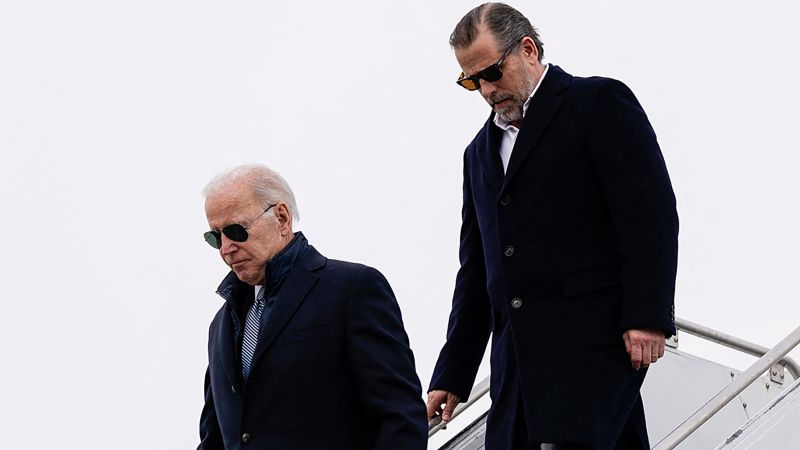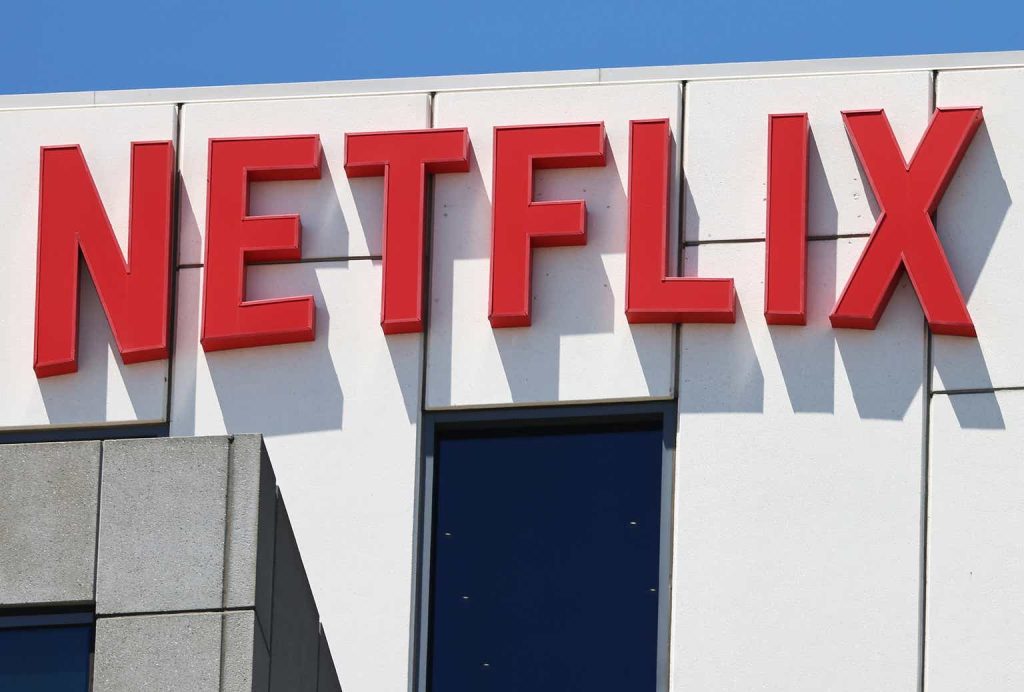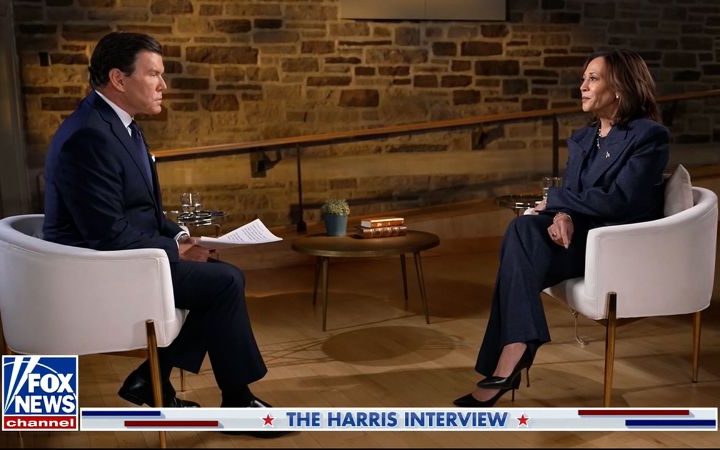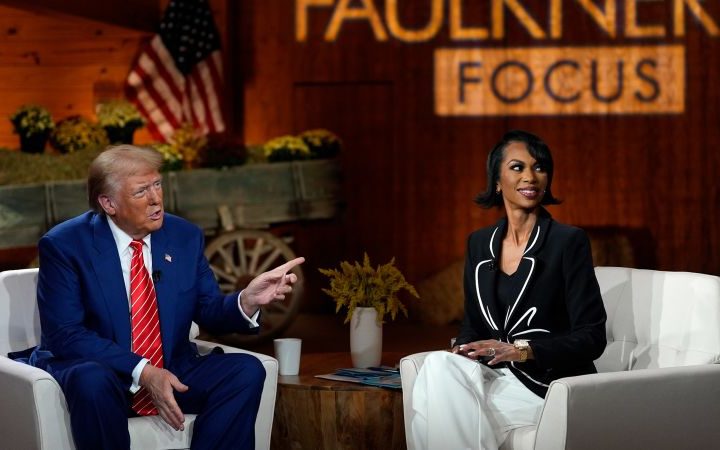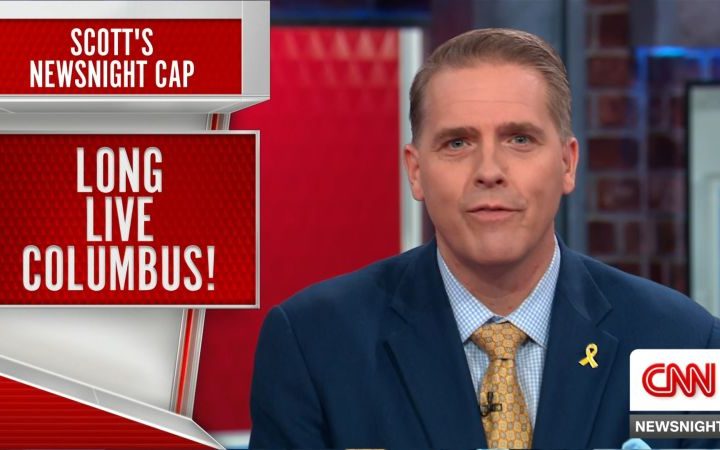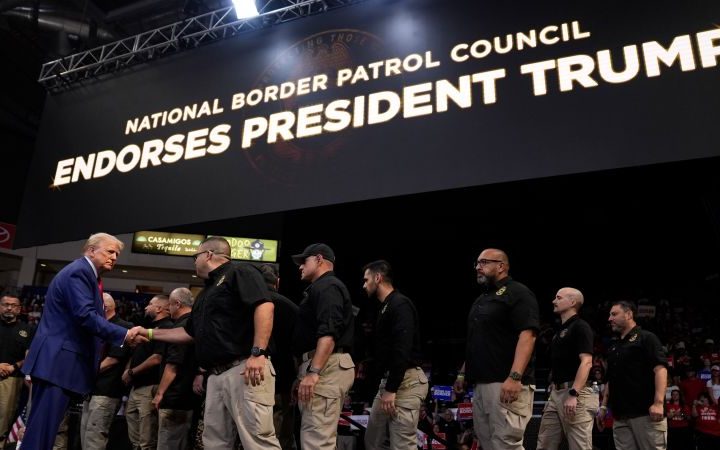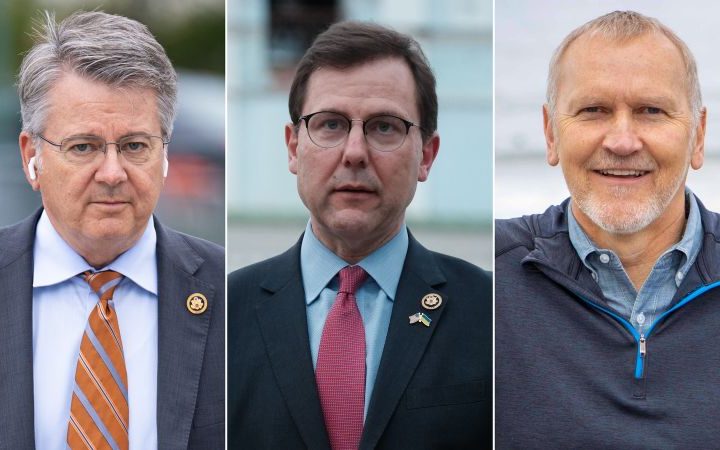The US attorney who in 2020 vetted unverified claims from an FBI informant about alleged Ukrainian bribes paid to the Bidens recently testified to House lawmakers that he found some of the material credible enough to pass the tip along to the prosecutor leading the Hunter Biden criminal probe, according to a transcript reviewed by CNN.
This is one of the first pieces of evidence obtained by House Republicans to give some credence to their assertions that the still-unproven bribery claims deserved scrutiny from federal prosecutors.
However, the former US attorney, Scott Brady, also said in his House interview that even though he corroborated some material from the informant, he did not determine whether the underlying Biden bribery claims were true. And he acknowledged that his team never reviewed some key evidence that undercut the bribery claims.
Brady, a Donald Trump appointee, recently gave this account to House lawmakers who are looking into claims of pro-Biden political interference inside the Justice Department.
His testimony sheds new light on how his office vetted the tip, and he disputed past Democratic claims that he “closed” the matter without recommending any further scrutiny. However, it doesn’t bolster the GOP narrative that Joe Biden or his son Hunter Biden were offered or accepted a bribe. They deny the allegations.
Amid the Trump-Ukraine impeachment in early 2020, top Trump appointees at the Justice Department assigned Brady to vet information about the Bidens and Ukraine that was being sent in by the public. This included material from Trump lawyer Rudy Giuliani, who played a leading role peddling lies about the Bidens’ dealings in Ukraine.
The uncorroborated Biden bribery claims originated in an “FD-1023,” an FBI form that captures information provided by an informant, also known as a “CHS,” which stands for confidential human source. The informant described his interactions with Mykola Zlochevsky, a Ukrainian oligarch and owner of the energy company Burisma, where Hunter Biden had served on the board. The informant said Zlochevsky spoke of $10 million in bribes that he paid to the Bidens.
“We were able to corroborate certain information that was represented by the CHS and is memorialized in this 1023,” Brady told House lawmakers. “Some of the underlying allegations relating to Hunter Biden and President Biden by Mr. Zlochevsky, we were not in a position to investigate further or determine whether they were true or false.”
Brady said that “the 1023 had indicia of credibility sufficient to merit further investigation,” so his team handed it off to David Weiss, the US attorney in Delaware, who is leading the Hunter Biden probe. Weiss’ long-running criminal investigation has intensely scrutinized Hunter Biden’s finances and foreign business deals, including in Ukraine.
The transcript reviewed by CNN indicates that some of Brady’s corroboration pertained to the informant’s travel records, and whether he met with Zlochevsky when he claimed he did. Brady also said he reviewed public information, conferred with the informant’s handler, and asked the FBI to re-interview the informant, which they eventually did.
However, Brady acknowledged that he did not review some exculpatory material regarding the supposed bribe.
He said his team never saw an interview that Zlochevsky gave to Giuliani ally Lev Parnas, where he undercut what he supposedly told the FBI informant about bribes. Brady also said he didn’t review a public denial from then-Ukrainian President Petro Poroshenko that Joe Biden tried to pressure him to end a Burisma investigation.
“Had we been aware of this, we would’ve definitely shared that with Delaware when we shared the 1023 with them and allowed them to reconcile the two, do further investigation or not, based on their discretion and knowledge,” Brady told lawmakers.
CNN has reached out to the White House for comment about Brady’s interview.
Secondhand information
Congressional Republicans obtained the FBI document and publicly released it in July, over strong public objections from the bureau, which said there were “significant concerns” that the disclosure “unnecessarily risks the safety of a confidential source.”
The FBI document says an informant described a 2016 meeting where Zlochevsky allegedly said, “It costs 5 (million) to pay one Biden, and 5 (million) to another Biden.”
The informant, whom the FBI has described as highly credible, was “not able to provide any further opinion as to the veracity” of the claims, according to the FBI document. The FBI document also said the informant told investigators that it was common for oligarchs like Zlochevsky to “brag or show-off” with lofty claims about payments and political influence.
There is no evidence Joe Biden was involved in Hunter Biden’s work for Burisma or that he ever received payments tied to his son’s foreign dealings in Ukraine or elsewhere.
The new testimony from Brady also disputes past statements from some House Democrats that sought to pour cold water on the bribery allegations.
Maryland Rep. Jamie Raskin, the top Democrat on the House Oversight Committee, claimed in June that Brady “terminated the investigation.” Raskin claimed Brady “said there were no grounds for further investigative steps, so they ended that,” though the Democrat added, “In terms of another investigation, you know, I can’t speak to that.”
This came up during Brady’s interview, though he was never presented with Raskin’s full statement. Brady was asked about how “Raskin has claimed that you shut down the investigation” into the 1023 form, and Brady respond, “That’s not true.” The former Pittsburgh-based prosecutor said he closed his assessment after passing it to Weiss.
Back in June, Raskin also said, “Mr. Brady’s team found insufficient evidence to warrant escalating this assessment to a preliminary or full investigation, and it was closed.”
Asked about this, Brady testified that it was essentially a half-truth: He said he did an “administrative closing” of his assessment, not because “we deemed it not credible,” but because he was passing it along to Weiss, who already had a full investigation underway in Delaware.
“This would never be a grand jury investigation out of the Western District of Pennsylvania. Everyone knew that,” Brady said.
CNN has reached out to Raskin’s office for comment.
The saga of a once-trusted FBI informant bringing explosive but unverified claims about a presidential candidate is reminiscent of the Christopher Steele debacle in 2016.
Many liberals embraced Steele’s claims of Trump-Russia collusion, while Trump assailed the “unverified” dossier. This time, the political roles are reversed: Republicans are championing the unproven bribery claims, as Democrats try to discredit the material.
Brady said in his interview that he’s “not certain” if there are “conclusive determinations” by the US government about “allegations of Russian interference” in the 2016 election. This flies in the face of the consistent findings that the Kremlin tried to help Trump win.
Read the full article here
